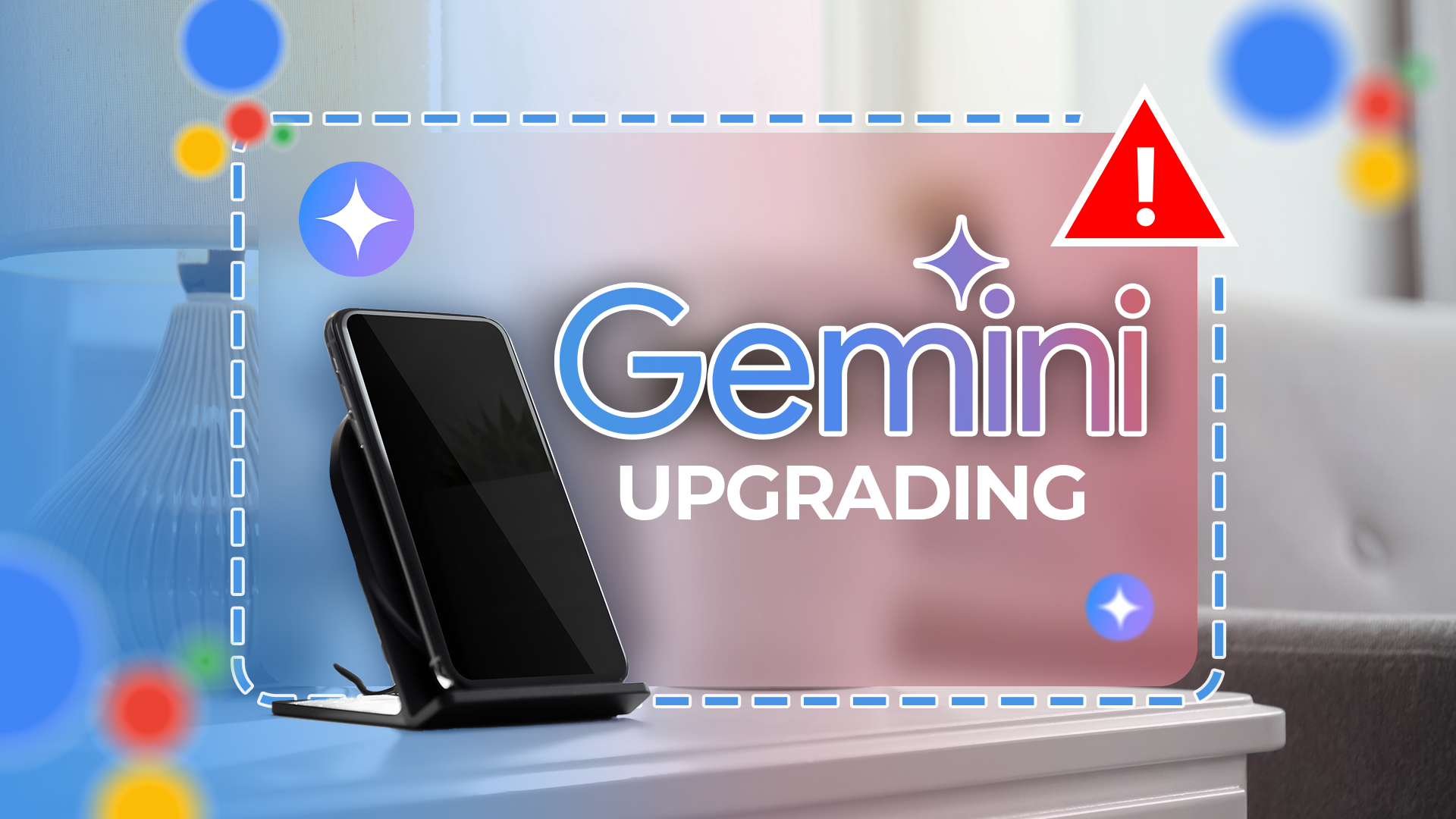Google’s forced transition of Assistant to Gemini is pushing me away from Pixel phones

Google Gemini: The Future of Google Assistant
Google has been gradually integrating its advanced AI system, Gemini, into its products for several years. However, a significant shift is occurring in 2025, as Google plans to replace its long-standing voice assistant, Google Assistant, with Gemini. This change will initially roll out on Pixel smartphones and, eventually, on all compatible devices, provided they meet Gemini’s hardware requirements.
Concerns with Gemini’s Performance
Many users, including myself, have faced challenges while using Gemini. Its tendency to produce inaccurate or "hallucinated" information, coupled with a lack of adherence to straightforward voice commands, raises alarms about its functionality. After years of using Google Assistant, I have cultivated an understanding of how to ask questions effectively and receive accurate responses. With Gemini taking the wheel, maintaining this level of efficiency feels increasingly unlikely.
Common Issues with Gemini
Inconsistent Task Completion: One of the main advantages of Google Assistant is its ability to complete simple tasks effortlessly. For instance, asking Google Assistant to set a timer led to clear confirmations and notifications once the task was complete. In contrast, issuing the same request to Gemini often renders inconsistent results. Rather than setting a timer accurately, it may instead provide instructions on how to do so, which defeats the purpose of having a personal assistant.
- Slower Response Times: Gemini operates on advanced AI models, but this comes at a cost; it often responds slower than Google Assistant. In some cases, this delay can lead to longer wait times for incorrect answers, making it feel less efficient.
Struggles with Complex Tasks
As someone who relied on Google Assistant for complex inquiries, I hoped Gemini would be an improvement. Past experiences with Google Assistant for navigating train times and directions were not reassuring; I often found it failing to provide the necessary details, prompting me to use dedicated apps instead. Unfortunately, Gemini has not improved this experience. It frequently generates inaccurate train information, lists incorrect journey times, or makes assumption errors about destinations. When I seek directions, it often suggests potential paths rather than integrating with Google Maps directly, requiring manual entry instead.
Increasing Frustration With Daily Tasks
Using an assistant should ideally simplify daily tasks, yet Gemini tends to complicate them. Despite its potential, it frequently falls short on essential functions that I once relied on Google Assistant to perform effectively. For instance, my friends have found success using Gemini for tasks like outlining résumés, indicating its capabilities in other areas. However, when it comes to simple reminders or other daily tasks, it’s less reliable.
As Gemini takes over Google Assistant on my Pixel phone, I am left questioning my loyalty to the brand. The sleek design and unique features of Pixel devices have been a significant draw for me. Transitioning to an assistant that consistently provides incorrect information shifts the experience from enjoyable to frustrating.
Alternatives to Consider
Considering the transition away from Google Assistant, users might look for alternatives to Pixel phones. Various devices potentially fit the bill, such as the Nothing 3a, although hesitations loom due to its partnership with ChatGPT. Another option could be the Motorola Razr+, which is developing its own AI yet remains less intrusive than those from competitors like Google, Samsung, and OnePlus.
Though navigating the evolving landscape of AI assistants is daunting, it is crucial to find a solution that effectively supports users’ needs without sacrificing reliability or efficiency. As we approach 2025, exploring these alternative options could be essential for those looking to maintain a seamless technology experience.





